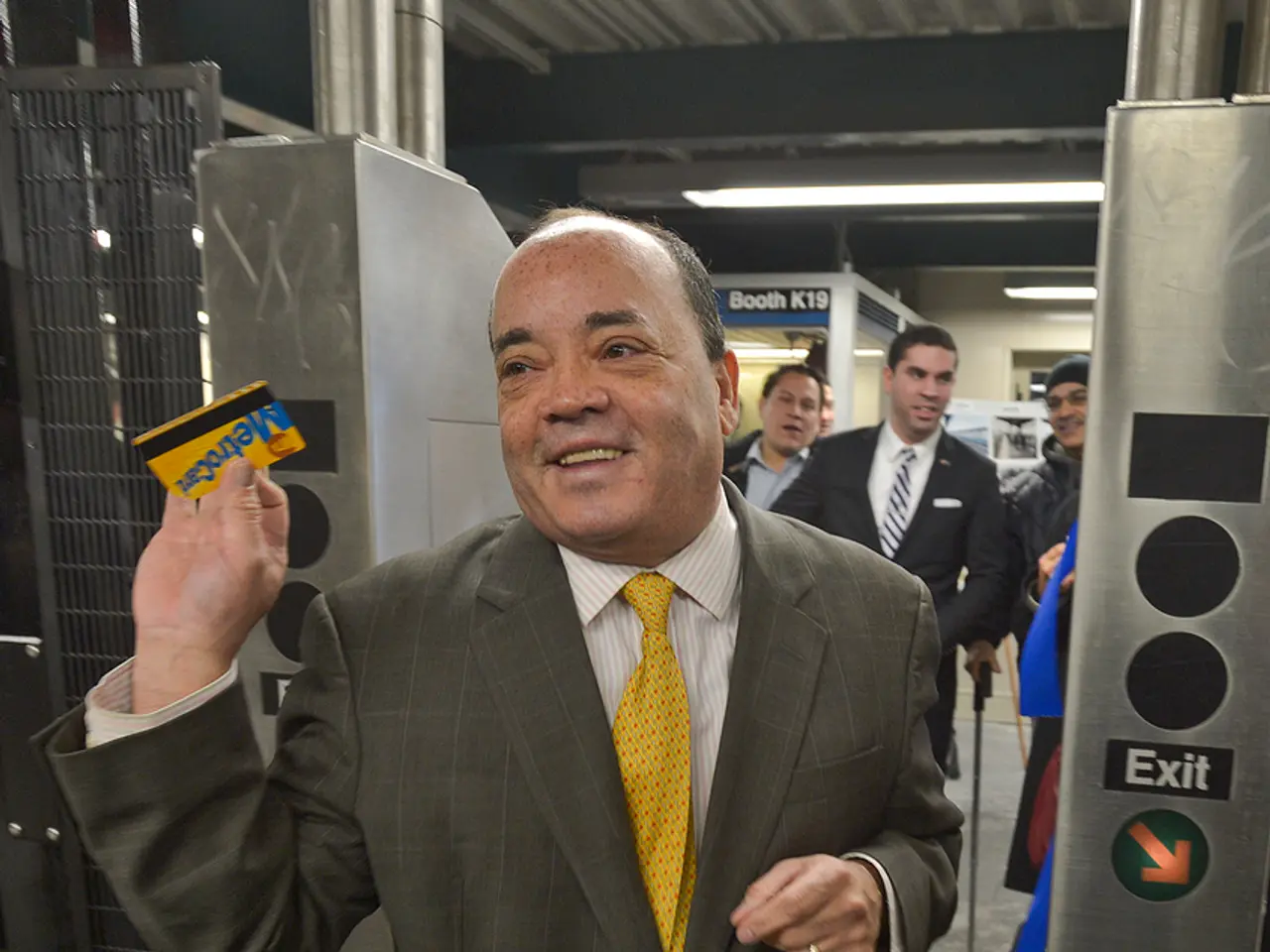Criticism Mounts Over Delays in Expanding Charging Stations
In a bid to support the transition to green mobility, Germany aims to significantly expand its electric vehicle (EV) charging infrastructure by 2030. However, the German Green party (Bündnis 90/Die Grünen) has raised concerns about the federal government's efforts, claiming that the expansion is too slow, potentially jeopardising the 2030 targets.
The Green party's criticism centres around the perceived slow pace of expansion, which could hinder the growth of EV adoption and undermine the country's broader climate goals. According to reports, insufficient charging infrastructure is a major barrier to EV adoption across Europe, including Germany, and a slow rollout could exacerbate this problem.
Transportation experts and focus groups have identified both public and domestic charging infrastructure as significant obstacles. Concerns include not enough charging points, slow deployment, and poor accessibility. These technical and logistical shortcomings are likely a focal point for Green party criticism.
The Green party operates in a political landscape where the EV transition is increasingly contested. Misinformation campaigns, which claim that the existing infrastructure is "inadequate to support the green transition," are also a concern. The Green party, as a proponent of climate action, may see this misinformation as a distraction from real, solvable problems—such as concrete infrastructure deficits—and may blame the government for not moving aggressively enough to counter both physical and perceptual barriers to EV adoption.
Moreover, the Green party has historically emphasised the need for investment in sustainable industries and jobs. A slow rollout of charging infrastructure could delay the broader economic transition to electric mobility, affecting not just consumer uptake but also the auto industry’s competitiveness.
In response to Green party leader Anton Hofreiter's questions about the expansion status of charging infrastructure, the federal government reported a recent slowdown in the expansion of publicly accessible charging points. Hofreiter believes this slow pace is endangering the necessary powertrain shift on the road and the modernization of the German automotive industry. He states that a successful switch to electric cars requires a dense, uniform, user-friendly charging network and attractive prices.
Parliamentary state secretary Steffen Bilger indicated that a total of 29,427 charging points have been reported to the Federal Network Agency, with 26,055 being normal charging points and 3,372 being fast charging points. Bilger suggests that the federal government's ambitious goal of one million public charging points by 2030 can be achieved with the cooperation of all relevant actors.
The Green party's criticism underscores the importance of swift action to expand EV charging infrastructure. With the growing need for green mobility and the economic benefits it brings, it is crucial that Germany accelerates its efforts to meet its 2030 targets.
- The Green party's criticism of the federal government's efforts to expand EV charging infrastructure centers on the perceived slow pace, which could hinder the growth of electric vehicle adoption and undermine the country's broader climate goals.
- Transportation experts and focus groups have identified both public and domestic charging infrastructure as significant obstacles, including not enough charging points, slow deployment, and poor accessibility, which are likely a focal point for Green party criticism.
- The Green party operates in a political landscape where the EV transition is increasingly contested, and a slow rollout of charging infrastructure could delay the broader economic transition to electric mobility, affecting not just consumer uptake but also the auto industry’s competitiveness.




